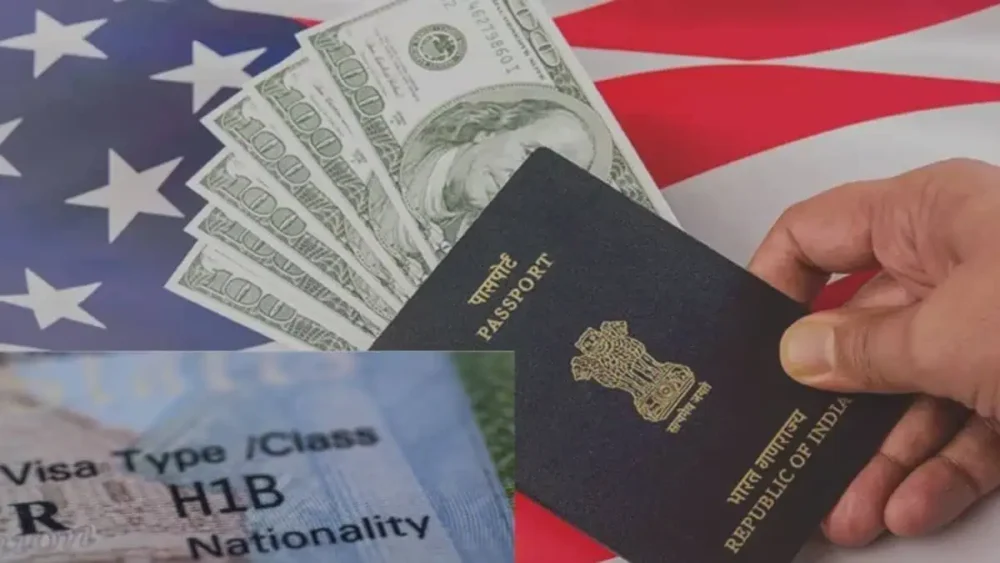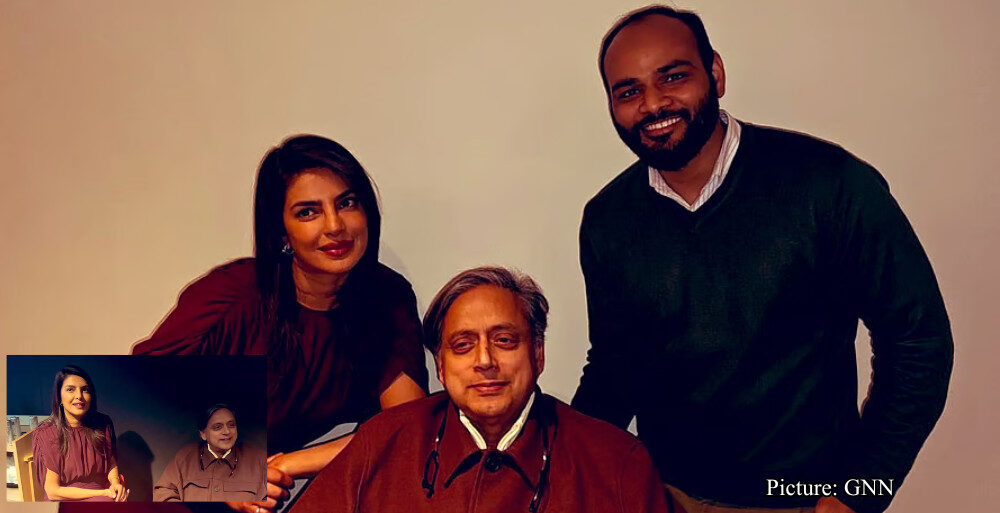India’s premier technical institutions, particularly the Indian Institutes of Technology (IITs), are viewing the Trump administration’s stringent H-1B visa curbs and escalating trade tensions with a mixture of defiance and opportunity. While the U.S. had long been the favored destination for India’s top engineering graduates, the sweeping policy changes—such as a 50% tariff on Indian goods and a $100,000 fee on new H-1B visa applications—have prompted both students and faculty to reconsider their views on success and the allure of American jobs. These moves threaten to disrupt the traditional pathway for Indian talent but are simultaneously fueling a renewed confidence in domestic career prospects.
Rangan Banerjee, IIT-Delhi’s director, sees a silver lining in the tough U.S. immigration policies and trade restrictions. According to him, these developments might open doors for more Indian graduates to channel their skills into India’s expanding tech ecosystem. The intensified immigration clampdown, combined with higher visa fees, is shaking up the once clear trajectory leading top Indian engineers to U.S.-based roles.
For decades, the path to the U.S. was the preferred route for IIT graduates, who represent elite talent selected from less than 2% of applicants. Many went on to influential roles in sectors such as finance and technology, becoming leaders at Fortune 500 corporations like Alphabet and IBM. However, the new policies set by the Trump administration have made it costlier and more difficult to attain visas, challenging those traditional aspirations.
Simultaneously, India is witnessing robust growth in its own technology landscape. Global giants including Microsoft, Amazon, JPMorgan Chase, and Goldman Sachs have established vast global capability centers in Indian cities like Bengaluru, Hyderabad, and Pune. These centers now handle mission-critical, high-end functions—not just back-office work—underscoring India’s emergence as a vital hub for the global operations of multinational corporations. A European bank observed that disruptions in India’s tech operations could impact its global activities more than disturbances at its main headquarters.
Adding to this momentum is India’s blossoming startup ecosystem, which has gained considerable traction. Several Indian-founded firms, notably Groww, co-founded by IIT alumni, have recently gone public, signaling a vibrant domestic market for technology and entrepreneurship. This growing local opportunity has emboldened many young engineers and entrepreneurs to envision careers and companies built within India, rather than pursuing options abroad.
Ashok Jhunjhunwala, founder of the IIT Madras Research Park, emphasizes the massive reservoir of raw talent in India and acknowledges that a significant number of students are now choosing to remain in their home country for work and innovation. This trend is indicative of a fundamental shift in mindset among India’s brightest minds, reflecting confidence in the increasingly mature Indian tech sector.
Yet, this positive outlook shouldn’t overshadow the broader context. The graduates of IITs represent only a small portion of India’s overall tech talent pool. Students from less prestigious engineering colleges continue to view studying and working in the U.S. as essential for social and economic mobility. Their concerns are amplified by recent reports showing a 14% decline in applications from Indian students to American colleges since Trump returned to office.
Akshay Sharma, a 19-year-old IIT-Delhi student, shares how his plans have changed: from a firm intent to pursue opportunities exclusively in the U.S. to now keeping options open for internships and work experience both in India and abroad. Such pragmatic adaptability is becoming increasingly common among students in India’s competitive engineering landscape.
According to Arpan Tulsyan, a senior fellow at the Observer Research Foundation, career paths for IIT graduates are unlikely to be significantly disrupted by U.S. visa restrictions. She asserts that India’s rapid domestic technological and economic changes have decreased dependency on U.S. immigration policies, which lie beyond India’s control.
Even institutions like IIT Bombay had a greater number of domestic job offers compared to international ones before the immigration restrictions hit. In the academic year 2023-24, of 1,475 accepted job offers at IIT Bombay, only 78 were from companies abroad—highlighting India’s buoyant job market. Students have responded positively to this shift. Early recruitment reports indicate sustained strong hiring activity from both Indian and multinational corporations operating locally.
Karthik Ravi Kumar, an IIT Delhi student, reflects the broader student sentiment: while the U.S. may no longer appear as lucrative an option, numerous other appealing opportunities in India and abroad exist. The synergy of India’s growing tech ecosystem, uncertainties around U.S. immigration policies, and increased visa costs are encouraging a growing number of India’s top engineering talent to pursue their careers domestically.















